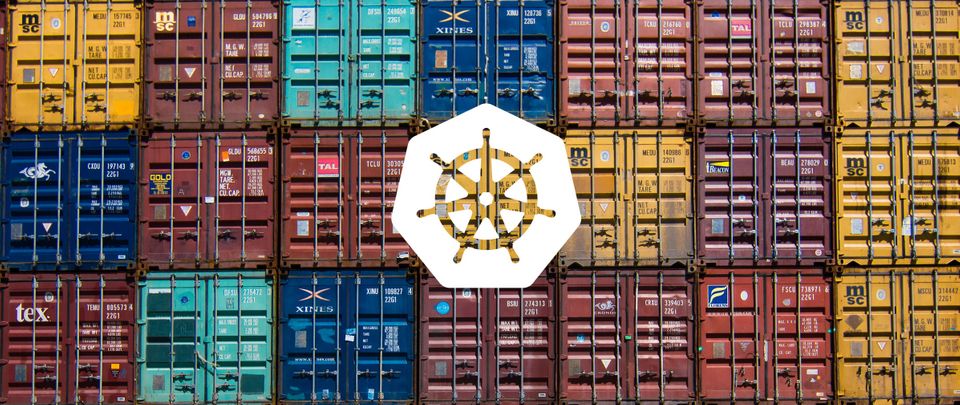What changes with Certified Kubernetes Administrator (CKA) in September 2020?

The Linux Foundation (LF) and Cloud Native Computing Foundation (CNCF) announced the new curriculum for the CKA, which will be valid from the 1st of September 2020 (CKA20). Having a first look at the CKA20 curriculum, the first thing we recognize is the more dense outline in comparison to the current curriculum (CKA19) :
- Cluster Architecture, Installation & Configuration – 25%
- Workloads & Scheduling – 15%
- Services & Networking – 20%
- Storage – 10%
- Troubleshooting – 30%
So, what has changed in detail?
Cluster Architecture, Installation & Configuration
1/4 of the new curriculum is dedicated to the Cluster Architecture, Installation & Configuration, and shows overall the most changes. The new outline extends nearly all topics:
- Manage role based access control (RBAC) -> extended to concretely handle RBAC
- Use Kubeadm to install a basic cluster -> extended to the usage (not just to know it)
- Manage a highly-available Kubernetes cluster -> summarize a couple of topics
- Provision underlying infrastructure to deploy a Kubernetes cluster
- Perform a version upgrade on a Kubernetes cluster using Kubeadm -> extended from knowing about to perform
- Implement etcd backup and restore -> clearly name the backup & restore task
Workload & Scheduling
Workload & Scheduling capture all points of the previous Application Lifecycle Management, but as far as it is described in the new outline, it doesn't catch up with the CKA19 Scheduling. The following points, therefore, fall out of focus of the CKA20.
- Use label selectors to schedule Pods
- Understand the role of DaemonSets
- Understand how to run multiple schedulers and how to configure Pods to use them
- Manually schedule a pod without a scheduler
- Display scheduler events
I would expect that LF will soon announce also a new Certified Kubernetes Application Developer (CKAD), which will catch up with the Scheduling parts.
Service & Networking
Formally just Networking increases by 9% in the weight, but there are not many changes except the requirements to Know how to use Ingress controllers, and Ingress resources got more precise.
Storage
Same as Service & Networking, the Storage section has no significant changes. From the formulation of the outline, it sounds a little bit more comprehensive field of knowledge required, but IMO nothing you wouldn't anyhow need to understand.
Troubleshooting
In comparison to the CKA19 the Troubleshooting raised its shares from 10% to 30%. In my opinion, this reflects the real effort within CKA. Also, the Monitoring/Logging requirements found a new home within the Troubleshooting, except the Managing Application Logs. As said earlier, I would also expect this to be part of a maybe newly reshaped CKAD.
Leftovers
Besides the Scheduling leftovers, which at least from the written outline didn't found a new place in the Workload & Scheduling section, also Security isn't mentioned. On the one hand, this is curious as Security itself is such a huge and important topic. But somehow, I have the feeling that the LF is planning a Certified Kubernetes Security Expert (CKSE?) exam/certification.
Conclusion
Overall I need to say that the changes look like a logical step. I believe LF sorted out some topics to bring them to CKAD, and therefore extended several issues from just "knowing or understanding" to "manage or perform". My biggest hope is to see further certifications developed together with the CNCF, for example, for Security.
Photo by Guillaume Bolduc on Unsplash
